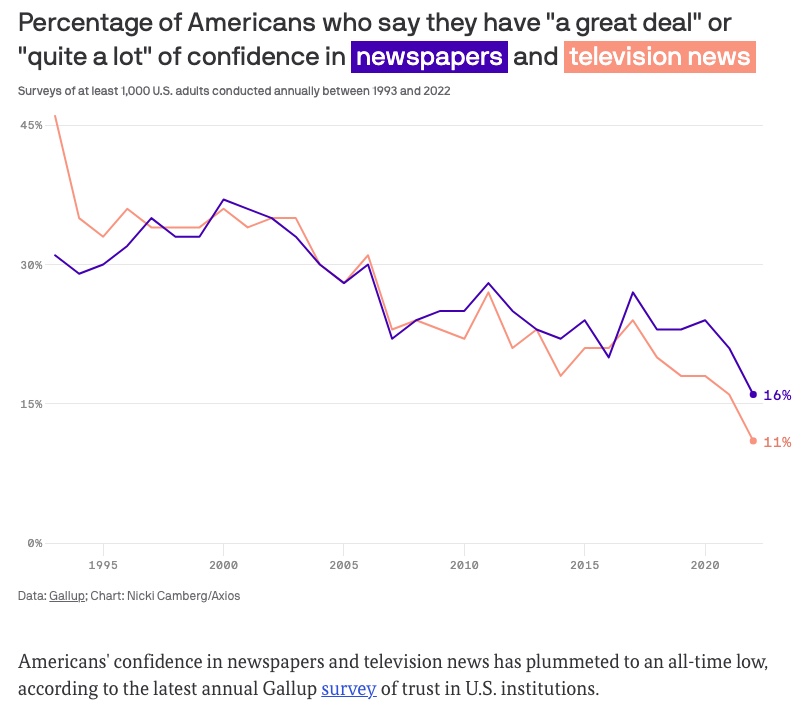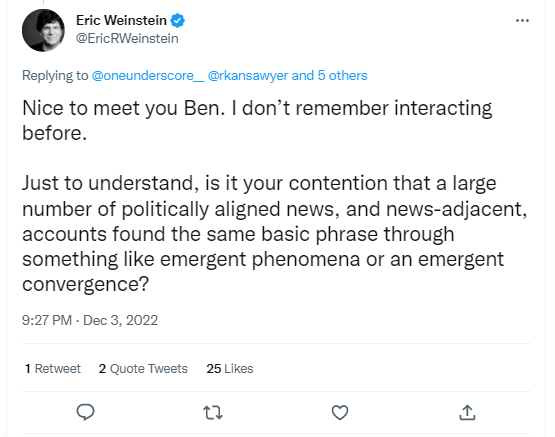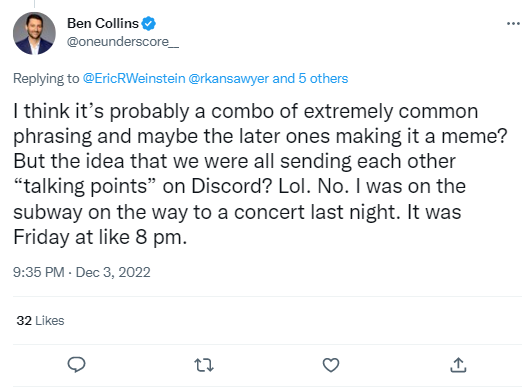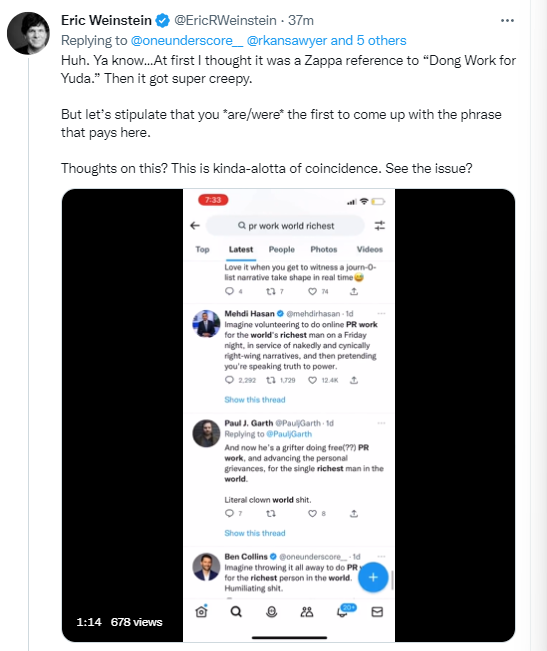Trust in News Sources “at an All Time Low.”
Here is what Americans think of two of their main news sources, newspapers and television news:
This Country's Founders had a love/hate relationship with the newspapers, but I wonder whether so many Americans ever distrusted news providers as much as they do today. Here are a few excerpts from an article discussing the views of the Founders regarding the free press:
Founders spoke glowingly about the press as a pillar of democracy and guarantor of liberty. Thomas Jefferson, for instance, famously wrote in 1787 that "were it left to me to decide whether we should have a government without newspapers or newspapers without a government, I should not hesitate a moment to prefer the latter."One more quote about the free press, this one by James Madison:George Washington framed the issue of free expression in almost apocalyptic terms: "If freedom of speech is taken away, then dumb and silent we may be led, like sheep to the slaughter."
Yet discussing the free press of their day, the Founders also could often sound like those who are decrying "fake news" in 2020.
Under a barrage of criticism from newspapers published by his political opponents, Washington painted journalists as "infamous scribblers." Benjamin Franklin, himself a very successful newspaper publisher, described the press of his time as a resentful, vicious institution comparable to the Spanish Inquisition.
Jefferson frequently condemned the press as passionately as he had advanced their right to publish freely. "I deplore ... the putrid state into which our newspapers have passed and the malignity, the vulgarity, and mendacious spirit of those who write for them," he wrote in 1814. "Nothing can now be believed which is seen in a newspaper," he complained in a letter to another friend.
To the press alone, checkered as it is with abuses, the world is indebted for all the triumphs which have been gained by reason and humanity over error and oppression.






